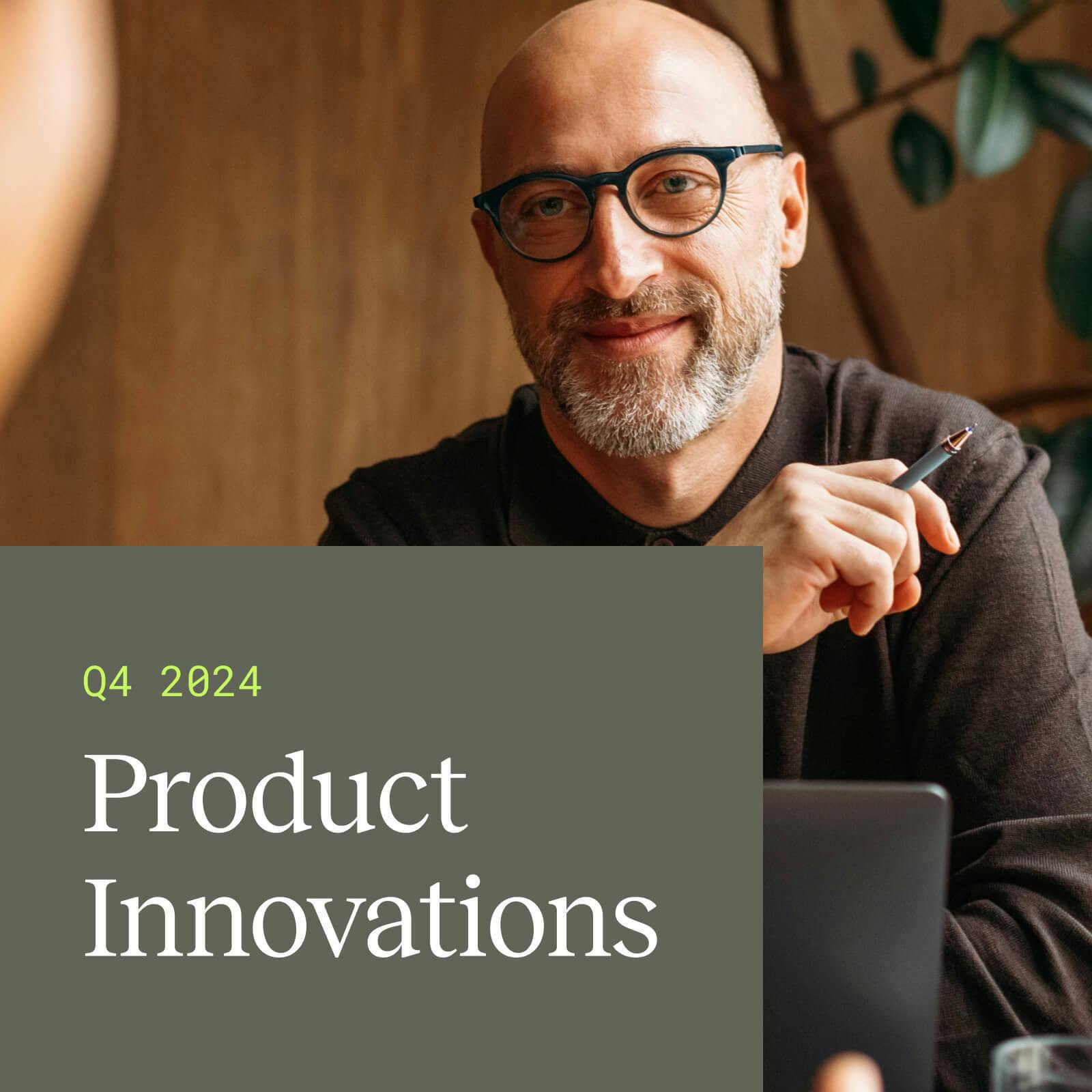It always make sense for apps to send personalized messages…except when it doesn’t
Personalizing messages for the wrong customers or at the wrong time can have major consequences for brands. To use personalized messaging effectively, brands need to take customer data like context, location, weather, and other signals.

New York-based coffee lovers probably want to receive targeted push notifications with discounts on lattes at their favorite Brooklyn coffee house – but not if they’re traveling in Chicago that day.
It’s hard to get that level of granularity right, which is why a lot of brands aren’t taking advantage of context, location, weather and other environmental signals as real-time targeting triggers.
“You don’t see these messages go out from companies because they don’t have the information available,” said Tanner McGrath, lead product manager for growth engineering at Postmates, speaking at mParticle’s Acceleration event on Thursday in New York City. “They can’t react quickly enough.”
And misfires have dire consequences. Soundcloud once tried to target a communication at Drake fans to promote one of his new tracks, but accidentally push-messaged 25 million users.
“We saw uninstalls and all kinds of negative things go through the roof,” said Sridharan Ravichandran, Soundcloud’s senior product manager for growth. “It was not deliberate, but we certainly learned a lot from that. The lesson there is to personalize and personalize heavily.”
Rather than blasting people with marketing, “you want to empathize with customers, you want to show you know what’s going on in their community,” said Josh Williams, technical product manager at Starbucks.
It helps to consider messaging channels as extensions of the product itself, said John Egan, Pinterest's engineering manager.
Pinterest used to send generic mass reengagement emails, even though people use Pinterest for different reasons.
“We had to fight with our marketing team a little bit to move forward with a strategy of really trying to personalize what we send and to use recommendation algorithms to figure out that maybe all you want to see is bulldog puppies all day long,” Egan said.
But no matter how personalized a message is, it’s not going to work unless it strikes the right tone.
Matt Widdoes, director of performance marketing at King.com, downloaded a commerce app and, after weeks of ignoring its numerous push alerts, received one that said: “Are you going to delete the app or what?”
“So I deleted it,” Widdoes said. “Avoid a passive-aggressive tone or at least test it.”


